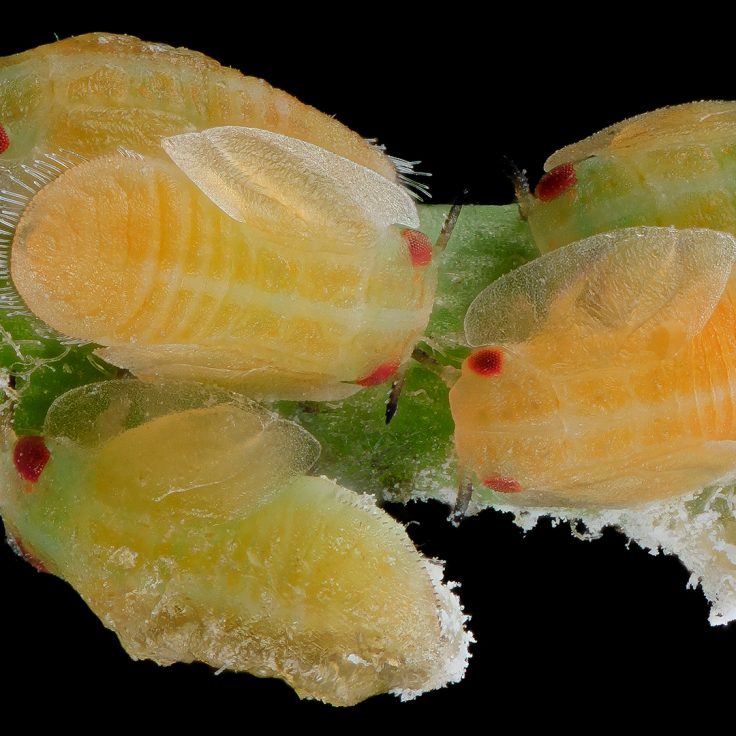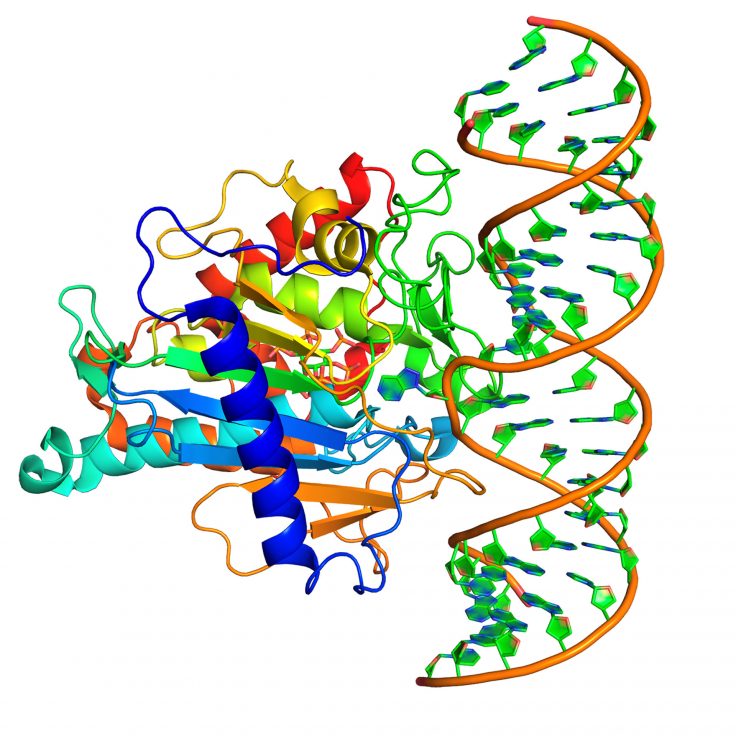
A transportista moves a rickshaw across the Huallaga River near Aucayacu, Peru. Richard Kernaghan
Transformative Topographies
UF anthropologist studies the lives of Peruvians who provide transportation through a post-war terrain.
Richard Kernaghan, associate professor of anthropology, has received a fellowship from the American Council of Learned Societies to pursue his new book project, Semblance in Terrain: On the Legal Topographies of Postwar, in Peru’s Upper Huallaga Valley. Expanding upon the work of his previous book, Coca’s Gone, Kernaghan focuses on a region historically linked to the Andean cocaine trade. Semblance in Terrain examines how, following the military defeat of the Maoist Shining Path insurgency, new relations between physical geography, territory, and rural transit emerge, while carrying forth traces of political violence. To tell a fuller story of the valley, Kernaghan combines the methods of ethnography, historical inquiry, and photography.
Kernaghan began his research on Peru in 1995 as part of his doctoral studies at Columbia University, and he’s been returning to the Huallaga Valley ever since to conduct fieldwork. “When I made my initial visit in the mid-1990s, the military conflict was still unfolding,” he says. “Early on, it was hard to travel in the countryside for more than very brief visits,” he recalls. On the main road, the likelihood of insurgent ambushes and the wide distribution of military checkpoints frequently interrupted transit. News spread through rumors swirling with flimsy accounts and unfettered hype, affirming the apparent danger.
During his ethnographic research for the book, Kernaghan accompanied people — transportistas — who have spent their lives shuttling others around the valley in rafts, canoes, pickup trucks or three-wheeled auto rickshaws. Despite its war-time military importance, the Huallaga Valley has not figured prominently in scholarly studies of Peru’s internal conflict. Kernaghan contends that the voices and accounts of transportistas not only deserve to be heard, but also that without them, territorial transformations of the post-war era cannot be understood.
Comprising almost 250 photographs and video clips, a new special digital collection at UF’s Smathers Libraries constitutes an important part of his ethnographic work. In a core practice of visual anthropology, Kernaghan is creating conversation between both the photographic memories and the verbal images transmitted through the accounts of transportistas. “By setting different kinds of images side by side, I show that war does not end by ending,” says Kernaghan.
Kernaghan will finish the book, which is about halfway done, over the next year with support from the fellowship. It will be published by Stanford University Press, which also published Coca’s Gone.
To support the people, program, or research featured in this story, please visit


